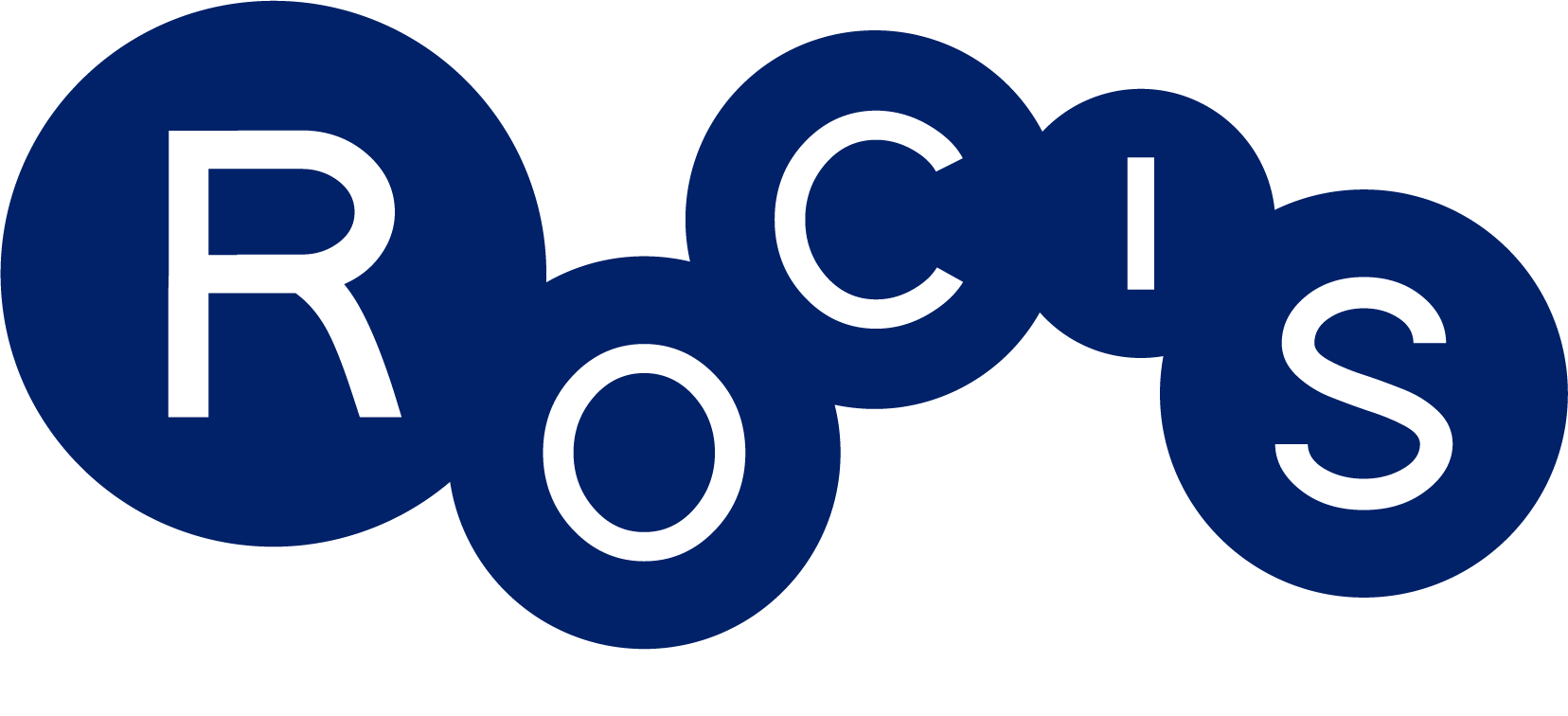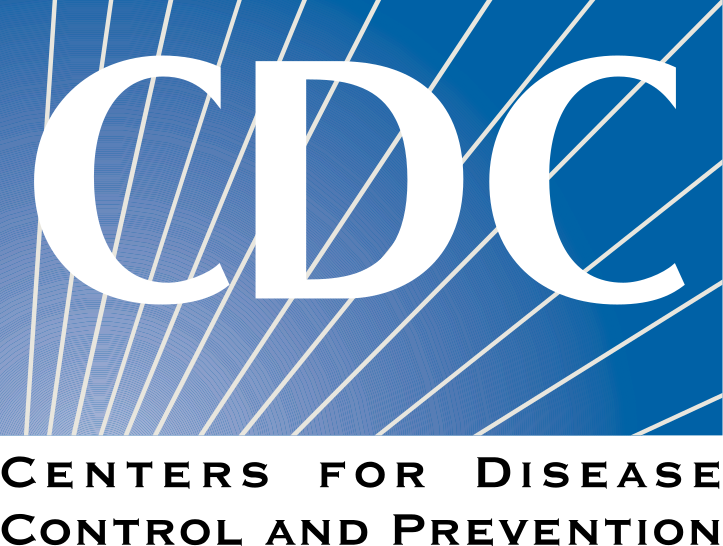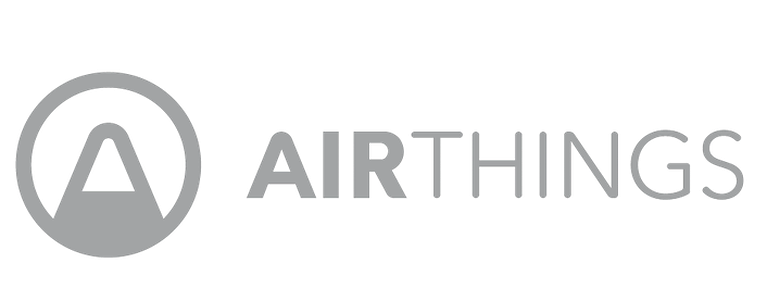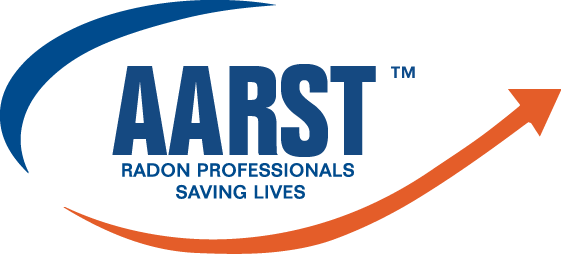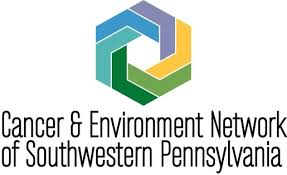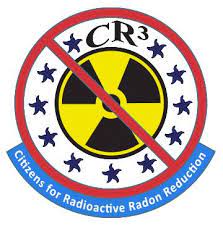Radon Resources
What we've learned so far
Check out this blog post analyzing the radon data that we’ve gathered from LCMP participants over the years.
Radon Testing
The US EPA and Kansas State University offer low-cost short-term and long-term radon test kits which are available for purchase online.
The EPA and National Radon Program Services at Kansas State University supports various toll-free hotlines to help answer any questions and concerns consumers have about radon. Can be used for general Q&A and purchasing test kits.
The American Lung Association has a radon testing kit store where you can purchase low-cost short-term and long-term radon test kits varying per state.
Radon Basics is a free 1-hour online program offered to anyone who wishes to find out more about what is radon and how testing/mitigation works. Approved for continuing education and contact hours for doctors and respiratory therapists.
The Pennsylvania DEP provides free short-term and long-term confirmation kits to those who have previously found elevated radon levels or recently installed a mitigation system. Visit the link for more information and to see if you qualify. Including video instructions for how to test your home for radon and how a home radon reduction system works.
Look up radon test data using your ZIP code:
Newborn Testing Program
Through an EPA-funded program, hospitals give parents of newborn children a packet of information which includes a coupon for a free radon test kit from the DEP. For this free kit, please call 800-237-2366 or 717-783-3594.
Online directory of certified radon testers, mitigators, and laboratories in Pennsylvania. Sorted by name and county.
Healthy Schools Pennsylvania provides free radon testing kits and partial financial aid for remediation efforts.
The 1000 Hours a Year Project offers financial support for schools and early learning centers for radon testing and mitigation.
Interactive map that allows you to view live radon data and your approximate risk level.
The AirThings Blog features several articles about how to test for radon, interpret readings, and even DIY mitigation.
Radon Mitigation
Just tested for radon and not sure what comes next? Learn more about the steps you can take if your radon readings fall above or below the recommended level.
Certain federal and local programs can provide funds for radon mitigation. Click the link to learn more about these programs and determine if you qualify.
Need help financing radon mitigation costs for your home? Learn more about the HUD 203(k) Mortgage Insurance Program and see if you qualify.
Search tool to help find a radon mitigation or measurement professional near you using your ZIP code.
Learn more about current events in the radon industry, legislative achievements, technological innovations, news and more in the Rn Biz e-newsletter. Published monthly.
Online directory of certified radon testers, mitigators, and laboratories in Pennsylvania. Sorted by name and county.
A list of useful guides for residents, homebuyers/sellers and consumers about radon and how to reduce exposure.
Healthy Schools Pennsylvania provides free radon testing kits and partial financial aid for remediation efforts.
The 1000 Hours a Year Project offers financial support for schools and early learning centers for radon testing and mitigation.
The AirThings Blog features several articles about how to test for radon, interpret readings, and even DIY mitigation.
Radon Advocacy & Information
WHE offers a Healthy Homes Assessment program for residents of Allegheny County living in environmental justice communities. This program addresses allergens, asthma triggers, lead-based paint hazards, mold and moisture, pests, and other health and safety hazards—including radon.
Schools and educators can receive free welcome kits which include resources and information on radon testing, professional development, and current state school reports.
The current WHE Health Policy Brief features useful information about radon, current radon regulations, and policy recommendations for the government.
Basic guides about radon published by the EPA for homebuyers/sellers, consumers, citizens, and health care providers. Available in English and Spanish.
The EPA and National Radon Program Services at Kansas State University supports various toll-free hotlines to help answer any questions and concerns consumers have about radon. Can be used for general Q&A and purchasing test kits.
State report cards and fact sheets by the AARST and EPA all in one stop.
Watch this series of videos, webinars, and graphics that teaches you the basics of radon and how you can protect your loved ones:
This radon fact sheet from the Cancer & Environment Network of Southwestern Pennsylvania covers the basics of radon and provides links for more information.
Medical professionals can receive CME credits by taking training courses about radon. Scholarships for these courses are also provided by the American Lung Association and Wisconsin Department of Health Services.
Downloadable library of radon resources for professionals, including policymakers, real estate professionals, schools, and cancer control program managers.
Radon Basics is a free 1-hour online program offered to anyone who wishes to find out more about what is radon and how testing/mitigation works. Approved for continuing education and contact hours for doctors and respiratory therapists.
Children ages 9-14 years can participate in the annual Pennsylvania Student Radon Poster Contest. The goal of this contest is to raise awareness about the importance of testing for radon in homes.
New Parent’s Edition Citizens Guide to Radon (booklet)
Hospitals can request the “New Parent’s Edition Citizens Guide to Radon” booklet by emailing request and address to resource account: RA-RadonPublications@pa.gov
AARST offers informational graphics for consumers, including flyer guides, postcards, door hangers, and social media templates. Available in multiple languages.
View the radon report card for your state, including statistics for radon-induced lung cancer, statewide radon policies, and testing levels in various built settings. Updated annually.
Searchable database that provides educational information, live webinars, and opportunities to chat with organizations about any concerns citizens have about radon, lung cancer, and environmental health.
Premier Youth Ambassadors (PYA) provides young adults with mentorship, continuing education, and enhances knowledge about raising awareness and community outreach for radon.
Helpful articles about the effects of radon exposure on animals.
A podcast by the American Lung Cancer Screening Initiative (ALCSI) which featured Gloria Linnertz and Jackie Nixon of CR3 as they discuss their advocacy efforts for raising radon awareness.
The CR3 News Magazine is a quarterly publication dedicated to spreading educational awareness and news of advocacy efforts for radon risk reduction.
Each release is based on the following: National Radon Action Month, Black & Women History Months, Medical, Children & Schools and Lung Cancer Awareness Month.
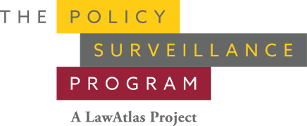
The Policy Surveillance Program (A Law Atlas Project from Temple University) provides information about radon laws per state, including mandates for radon level disclosure, testing, and remediation.
